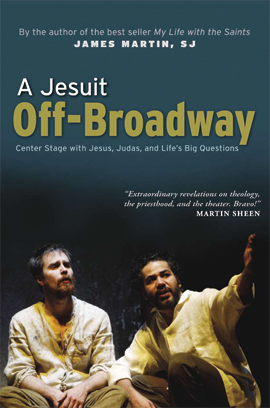THE FLORIST'S DAUGHTER,
by Patricia Hampl
Scanning through radio stations while driving, I happened upon Patricia Hampl reading from her latest memoir. The life she brought to the words she read instantly made me stop the scan function, and for the next I don't know how many minutes I was mesmerized by her storytelling.
I knew I had to get the book.
"The Florist's Daughter" proved even better as a read.
The woman can flat out write.
Details of her life growing up in St. Paul, Minn. after World War II serve as the structure for Hampl to tell us what she really wants us to know, and that's who her parents were and what her relationship was with them.
She does that so well that you feel you know her chain-smoking Irish-American mother and her handsome, reserved Czech father -- the florist of the title -- well enough that you could write their obituaries if asked to. In fact, maybe that's what Hampl has done -- at book length.
So much of the book is about what the author was thinking during the events of those growing-up years, how she reacted to the events of life that her family lived, and especially how she both remained the same and yet grew.
How many adult children might empathize with Hampl when she writes about agreeing out of a sense of duty to travel with her elderly mother to Ireland -- to "offer it up," as she inserts -- only to acknowledge afterward that her mother turned out to be the best travel companion ever.
Can't you just picture a middle-aged woman sneaking a bottle of chardonnay and a pack of Merit 100s into the senior living center so her mother can enjoy those forbidden pleasures?
Later on she tells of visiting her mother on her death bed this way: "She would hang by her fingernails from the ledge of life."
Hampl makes it ease to picture the flooded streets of St. Paul's old Italian levee neighborhood by describing them as "suddenly Venetian." Minnesota itself, she writes, is situated "at the nosebleed north of the country."
During car trips in the family Ford, she and her brother would be "enacting the turf wars of the backseat."
Catholics will be teased throughout as memories of religious practice float through the text, and -- because she grew up in its shadow, the Cathedral of St. Paul almost takes on the role of a character as Hampl crafts this wonderful story out of, to use her phrase, "the delicate scrim of daily life."
There is a sense of place that this University of Minnesota professor has preserved for us, first for the very Catholic hometown of her childhood, perhaps best explained with this quote from the book:
"Ours was a pre-freeway St. Paul, a time-place where it was possible to spend an entire lifetime without straying over the Minneapolis line where the Scandinavians went about their Lutheran business."
But there is another sense of place Hampl brings us to, the place of a daughter, the roles that fall to daughters, and maybe this paragraph sums it up:
"I sit with my mother, as has been destined since time began because a daughter is a daughter all her life. We stay like this, hand in hand. We have all the time in the world -- world without end, amen. Words we recite by heart when she asks me to say the Rosary with her, the last phrase of the Gloria, the little prayer at the end that puts to rest all the Hail Marys."
Thanks, Patricia. -- bz
Subscribe to:
Post Comments (Atom)



2 comments:
My wife loves novels like this, so I forwarded her this review. Thanks, Bob.
Thanks for reviewing this, Bob! I was curious about it, having heard it won a MN book award, but needed a little more info before deciding if it was worth the read. Now I know.
-C.Capecchi
Post a Comment